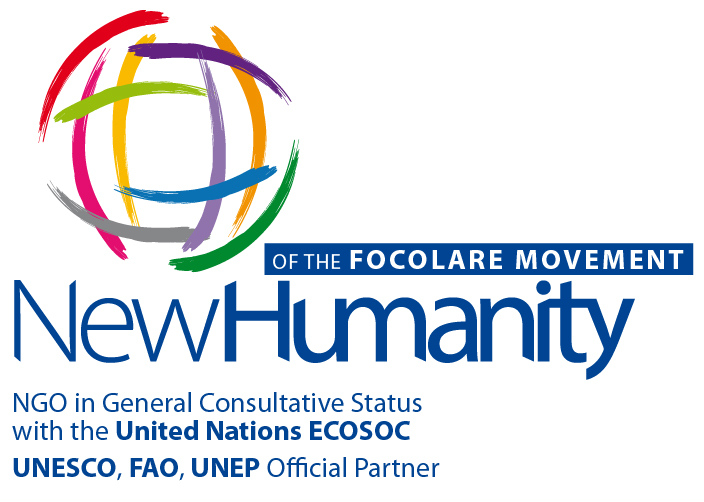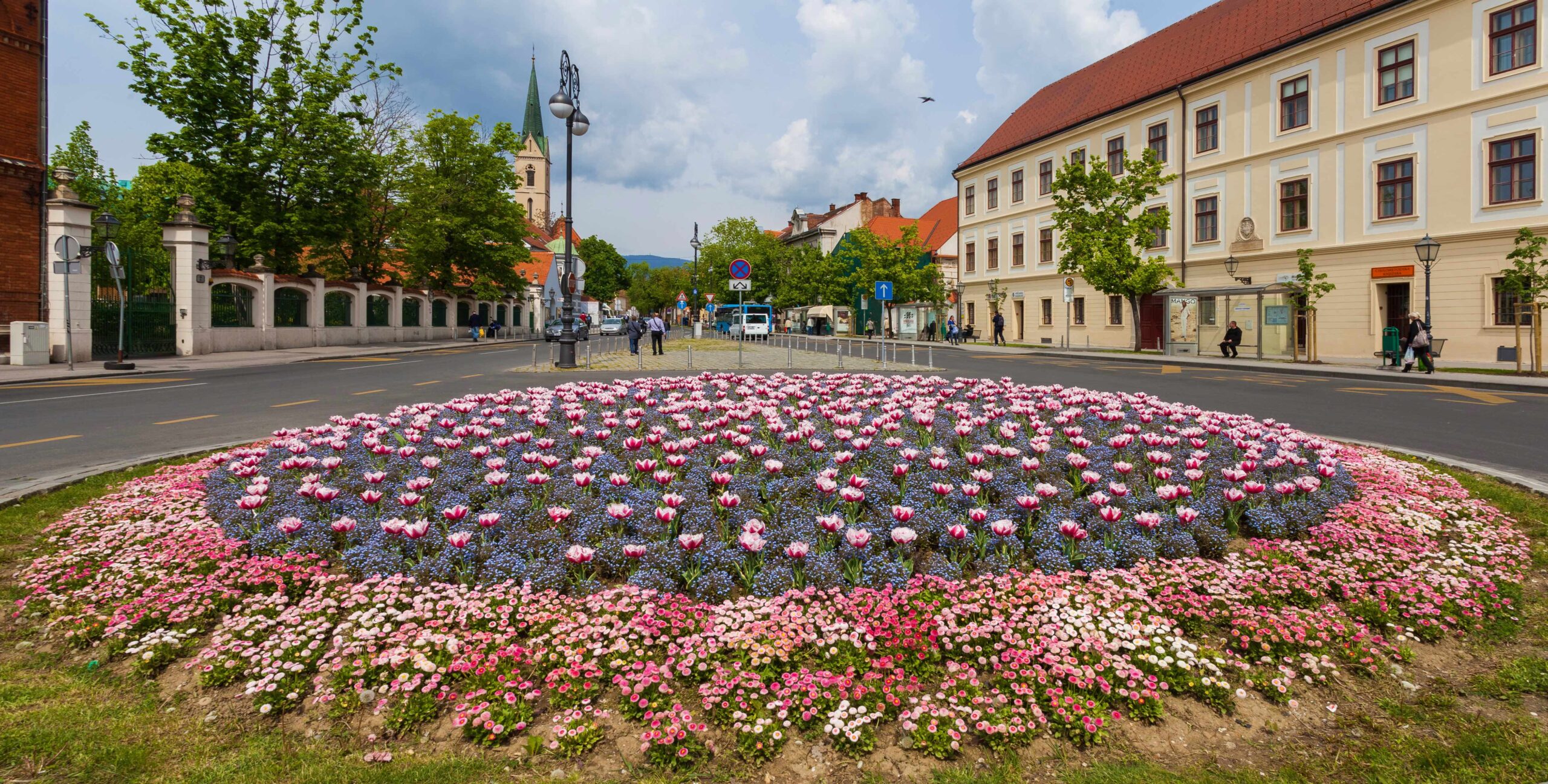‘Politics during the lockdown’.
‘Who cares’ said to me my relative in Croatia on our recent holidays when we started talking about politics. ‘They are all corrupt; each person, who tries to enter the world of politics, does it for their own benefit and not to serve the people’, I was told. I have tried to demonstrate that it is wrong to paint all politicians with the same brush. I have also said that there are many people who enter the world of politics for the ‘right reasons’. I gave a number of practical examples of how and when I had an opportunity to make a real difference when I was serving Welwyn Hatfield as a Local Councillor.
I am sure that each one of us has many similar conversations. I am sure that each one of us tries to enter the ‘political world’ of the other person, even if they differ. It is not easy, isn’t it? In June and July Poland was choosing our new President. Politics of division and polarisation was very present in a number of conversations with some of my friends and family members. I have been, relatively closely, following politics from the middle of 1990’s when I started secondary school, however I don’t remember seeing such a toxic political debate in many years.
We often refer to politics of today as a ‘political football’. I would go further than that; it is ‘political ping-pong’. We don’t listen to understand but we listen to respond. I too, most probably afar too often, live in my own ‘political bubble’. However, I find it truly fascinating when I fully enable to lose my own ‘political identity’. It is so hard, especially if we feel strongly about something. In recent months I have realised that it is far more important to lose a ‘political battle’ in order to strengthen ‘political dialogue’.
In the last few months, particularly from June onwards, I also had moments when I felt ‘politically flat’ and I thought that it is time to stop my ‘love for civic engagement’. Being engaged in fruitful political dialogue is draining and very challenging. The lockdown meant that we are far more present online, some of the news and conversations are depressing and it is not easy to know what is right or wrong. The constant bombardment of information is heavy at times and I know that it makes people anxious.
Chiara’s vision for politics
Sometimes God’s interventions are hard to explain. When I left disillusioned with politics and when I thought that maybe, it is time to find another ‘hobby’, I quickly remembered that if we are not ready to die for one another, also in a political context, that who will? It is Chiara Lubich, the founder of the Focolare Movement, who tells me that I must love the party of the opposition as my own. It is she, who said that each political movement was born because of a particular social need.
Chiara Lubich defined politics as “the love of all loves”. Jesus Moran said recently, when talking about the #DareToCare campaign that a politician is someone who is at the service of their people. We must put care and being at the service for others at the centre of politics and of our lives as citizens”.
Interestingly, also Pope Francis, on the 5th anniversary of ‘Laudato si’, was calling for a special year of reflection, which will end on 24 May 2021, and bring the theme of caring for creation to everyone’s attention. And by creation he said; we mean not only the environment that surrounds us but also the people, the economy or politics, every aspect of our lives.
Transforming our local neighbourhoods
In the last couple of months, I was asked a number of times to be part of various webinars. It is now so easy to ‘meet’. I still do hugely miss the social interaction, however I am aware that some of these events would not have happened if it didn’t have such a good access to our online technology.
As a Polish national, I was invited to speak at an event organised by the 3million, charity which supports the EU nationals in the UK. It was called: “Where are the EU residents’ voices in politics? Open discussion & consultation on the representation of EU communities in the UK”. During the event, I had an opportunity to share my experiences as a former Cllr but also about how ‘community action’ helped me to become a better and more rounded person. Moreover, I tried to demonstrate that every, even the smallest act of love and generosity, can make a huge difference.
One of the key learning for me in the last few months is ‘political education’. In order for any of us to make an informed decision, it is crucial for each one of us to do our own research, try to understand the political context of any topic we wish to discuss. In my opinion, far too often these days, we rely and believe in ‘social media headlines’, which can be very misleading. I think that any news, particularly now when the information is spreading so quickly and we have access to it 24/7, we need to treat any major heading with a ‘pitch of salt’. This will help us to be better prepared and not jump into any consultation without having enough evidence. We need to try to become a ‘political gymnasts’. Yes, we must be faithful to our own beliefs, we should know the roles and the functions of the Parliament or Local Authorities, however above all, we need to remain rooted in loving and accepting the other person without any political judgment and prejudice. I know that I fail most of the time but Chiara gave me a gift, which can truly change and enhance our relationships. Do you agree that one of the reasons why we fail today is that we often exercise monologue not a dialogue? I find the quote from Dalai lama incredible powerful and refreshing: “When you talk, you are only repeating what you already know. But if you listen, you may learn something new”. How often do we do it?
I must admit that a small online event, which I attended a day after returning from Croatia, has re-energised me and helped to restore my faith in politics. I was invited to attend and online event, organised by young EU activists, who were eager to learn more about the subject of civic engagement. It was fantastic to explore ways in which each one of us can make a difference: volunteer, campaign on a particular topic which is close to our hearts, write a letter to a newspaper, your local Cllr, MP, organise a trip to the Houses of Parliament or take part in the Parliament Week event. I felt connected with young people and I was so happy to offer my advice. It was also so refreshing to see young people so keen and willing to enter the world of ‘community activism’ and who were determined to be part of the political process.
Meeting with the Polish Ambassador in the UK and the political representation of the EU nationals
Similarly, I recently had an opportunity to meet the Polish Ambassador in the UK. I am sure that most readers will be aware that there are now approximately 800,000 Poles living in the UK. Many, because of Brexit uncertainty and the health pandemic, have now left. However, Polish nationals are still one of the largest minority groups in the UK. Polish migration to the UK has a long standing history. But did you also know that there are currently only 12 serving Polish Cllrs in the UK? Although currently we have one of the most diverse Parliaments ever, the lack of political representation is still evident.
It is very clear that there are still significant gaps in relation to civic engagement of many communities, often marginalised, in the UK. Number of Polish residents don’t exercise their right to vote and they are ‘democratically disconnected’. A colleague of mine, Civic Mayor of Watford and the Polish Cllr, met with the Ambassador to talk about a project which could help to address the issue of civic engagement, participation and the importance of voting. We too must try to re-build our ‘civic confidence’, encourage others to take an active role in shaping policies at the local and national level. We need to continue working in partnership other agencies to change negative perceptions but most importantly to intensify the dialogue between various public institutions and our citizens.
Politics for Unity Movement in the UK
Since October 2019, I have been a member of the International Centre: Politics for Unity Movement (From Italy, Movimento Politico per l’unità – Mppu). Mppu’s mission is to contribute to building peace and unity between people and the universal fraternity is the inspirational principle for its action in politics. There are many Mppu Centres across the globe and I am pleased that our network is starting to develop also in the UK. For me, it is absolutely wonderful to see individuals from each corner of Britain willing to create a platform where political dialogue can flourish and be strengthened.
In September, we had an opportunity to meet for the second time. We were joined by Mario Bruno, the President of the International Centre, former Mayor of a town in Sardinia, someone with a lot of political experience. During the meeting, we talked about ‘interconnectivity’ of politics today. Mario shared his experiences of how politics can play an important role in building a more united world. In my view, the word global might sound ‘glamorous’ and overwhelming therefore it is important to keep our actions in a local context. It is important for all of us to act locally but think globally in order to enhance the ‘collective politics’ and co-share our responsibility to create a better, more cohesive world. Concrete actions, being beyond my own political thinking or politics of my own party is also something which needs to further embedded in our own communities. We all agreed that the united world should happen in our neighbourhoods and #DareToCare can help us to achieve that.
I suppose my own biggest learning of the lockdown is the re-enforcement of living the present moment and fulfilling God’s will. It reality nothing else matters. However, in the political and civic context, we are all called to be active citizens. We are all called, as a result of the gift of the charism of unity, to build a house of ‘political dialogue’, a house which encourages a wide range of political opinions but it is also a place where each option matters and is embraced. Our role is to build the politics as a vehicle for a positive social change.
Michal Siewniak
for New City Magazine





